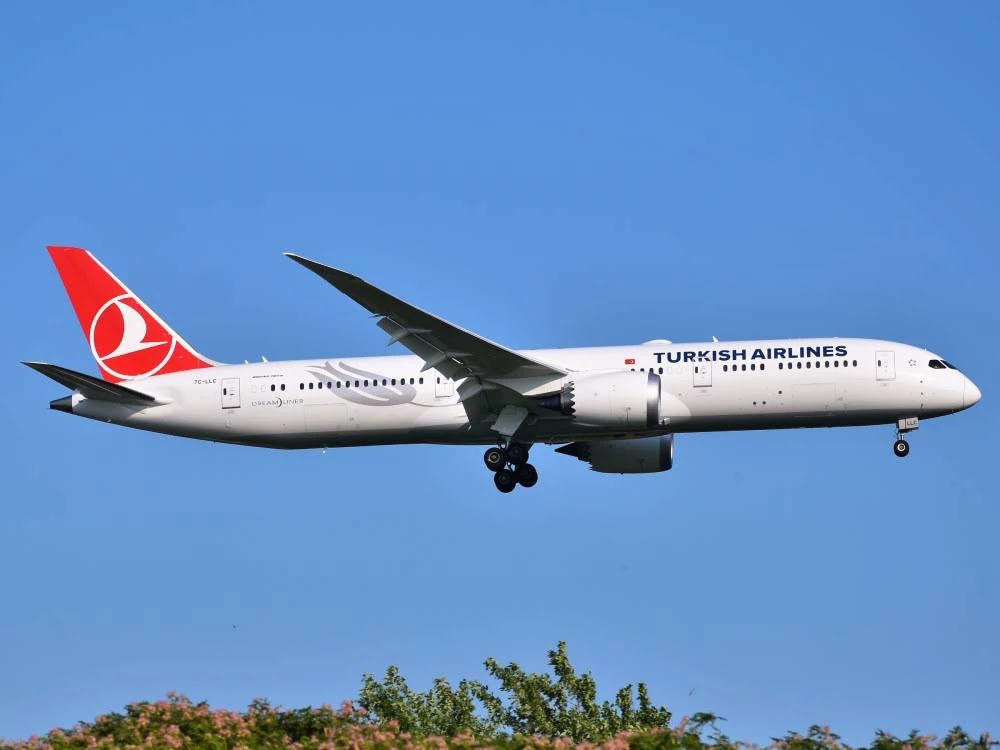Detroit's strong European connectivity highlighted with 10 nonstop links
- Turkish Airlines is set to launch three weekly flights to Detroit from Istanbul starting Nov. 15.
- With new routes since the pandemic, Turkish now serves 12 US cities, making the US its third-largest international market.
- Detroit’s significant Arabic-speaking population likely to be a focal point for Turkish Airlines’ new route, targeting the Middle East and Africa connectivity.
DETROIT — In a move to further tap into the US aviation market, Turkish Airlines has announced its plan to initiate a new route to Detroit from its Istanbul hub. Commencing on Nov. 15, the airline will operate the route thrice weekly—Mondays, Wednesdays, and Fridays—employing its 787-9 aircraft.
The post-pandemic era has seen a marked US market expansion for Turkish Airlines. After introducing routes to Newark, Dallas-Fort Worth, and Seattle between 2021 and 2022, the carrier now boasts service to 12 US cities. OAG Schedules Analyzer reveals that Turkish now provides approximately 83,100 two-way seats between Turkey and the US weekly, a significant rise from 47,900 in summer 2019. Consequently, the US has ascended to be the airline's third-largest international market, following closely behind Germany and Russia.
Detroit already enjoys robust connections to European cities, with 10 nonstop links. While Delta Air Lines operates flights to seven European cities including Amsterdam, London Heathrow, and Paris, other carriers like Air France, Lufthansa, and Icelandair offer services to Detroit from their respective hubs in Paris, Frankfurt, and Reykjavik.
Notably, despite Detroit not being a Star Alliance hub, Turkish Airlines' new route aims to leverage the city's demographic strengths. An intriguing study from the PEW Research Center in Washington DC highlights that the Detroit region houses the largest percentage of Arabic speakers among US metropolitan areas. With over 190,000 Arabic speakers, accounting for 13% of the total in the US, Turkish Airlines sees an opportunity, targeting primarily the Arabic-speaking routes in the Middle East and Africa.

